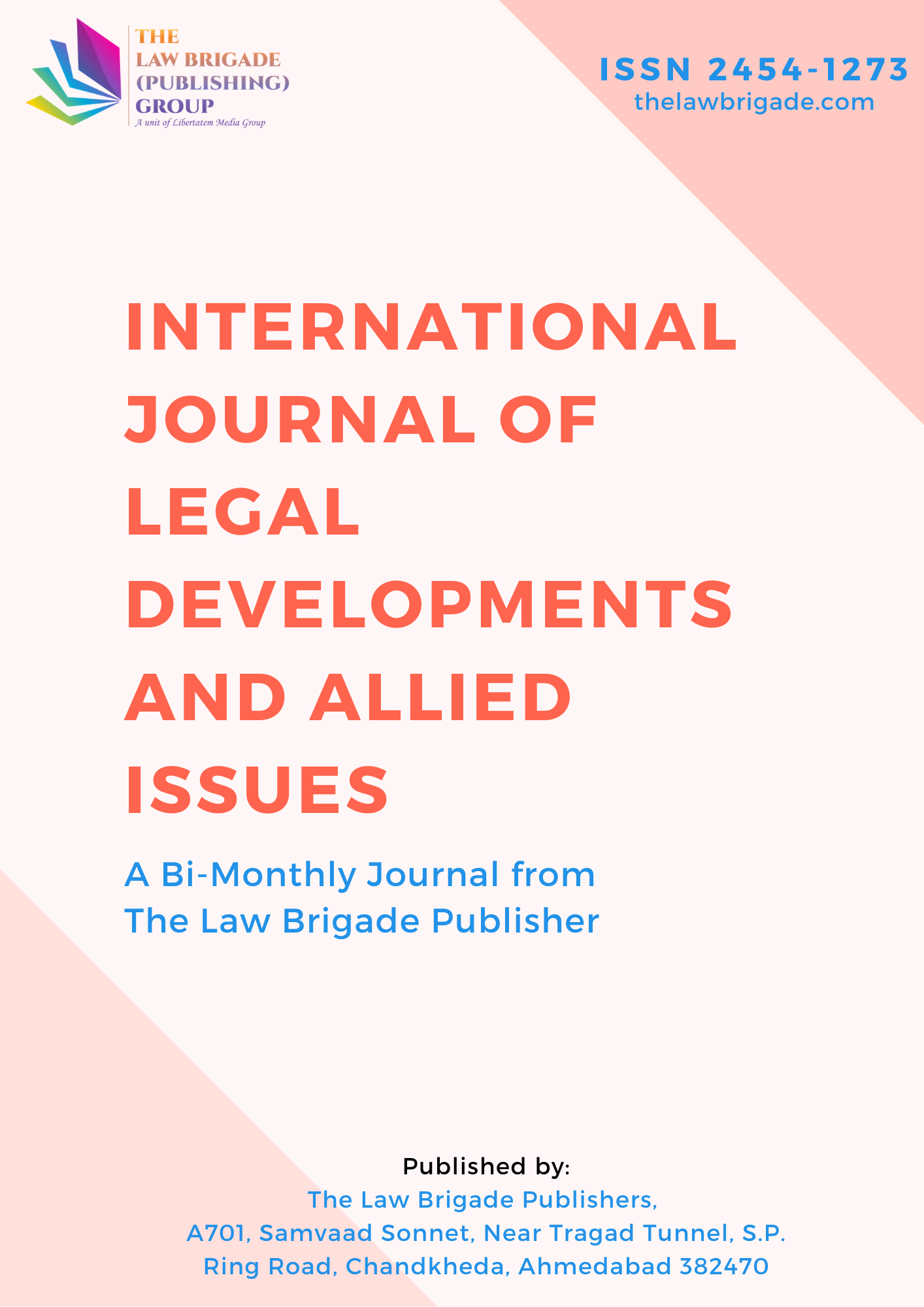This paper examines the legitimacy of the basics of fundamental principles of customary international law (also referred in this paper as standards of protection of investment), to ensure equitable sharing of benefits in the investment conducts of natural resources between investors from developed economies (sometimes supported by their home countries) and resource rich developing economies. The main argument which the author ascertains is the verity that, despite the fact that principles of customary international law form the basis of investment agreements more often in natural resources development; they do not carry weight to facilitate resource rich developing countries to benefit. This argument is sound. It is supported by evidence collected from qualitative research technique; especially from the Mineral Development Agreements (MDAs) concluded by the government of Tanzania.
This paper adds knowledge to the old debate between developed and developing economies to dealing with natural resources development. It re-opens the debate on the following: First, resource rich countries to become conscious on the fact that natural resources are the common heritage of the people, and for that reason, the people deserve the maximum benefits from its development. Secondly, resource rich countries, developing African countries in particular to exercise their permanent sovereignty over their natural resources for the benefit of the whole people. Thirdly and finally, resource rich countries, developing African countries in particular to adopt adequate legal framework including state-investor agreements which does have significant positive impact to their economies and to improving the conditions of living of the people.





